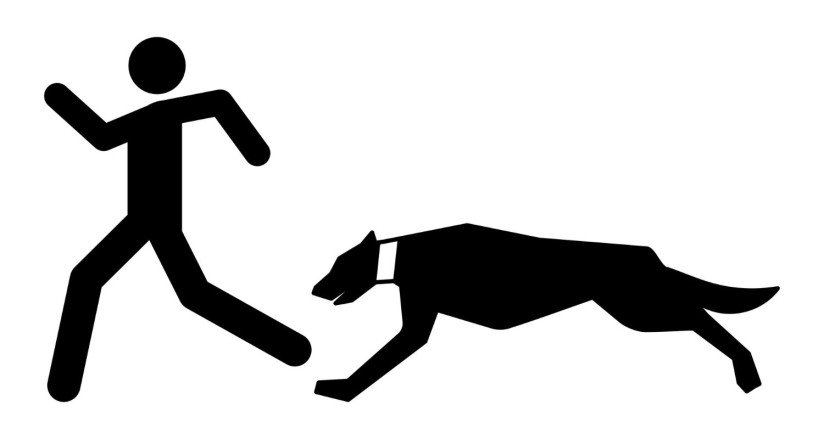Tips for Safer Interactions with Your Canine Companions: Preventing Dog Bites
Americans share a deep love for dogs—nearly 90 million dogs call the U.S. home. They are loyal companions, playmates, and cherished members of the family. However, despite their widespread affection, dogs can still bite.
The good news is that most dog bites are preventable. With responsible pet ownership, education, and awareness—particularly around children, who are most often bitten—we can significantly reduce the risk of dog bites. Here’s how to promote safer interactions with canines and prevent dog bites.
Why Do Dogs Bite?
Understanding the reasons behind dog bites is essential for preventing them. Dogs may bite for various reasons, such as:
- Defending themselves or their territory
- Feeling frightened or startled
- Perceiving a threat
- Resource guarding (e.g., food, toys, puppies)
- Experiencing pain or illness
- Overexcitement or rough play
Recognizing these triggers helps us avoid situations that may cause a bite and foster safer interactions with dogs.
How to Stay Safe When a Dog Approaches
When a dog approaches, take the following steps to avoid potential aggression:
- Don’t run – Dogs are instinctively triggered to chase moving objects.
- Stand still – Keep your hands at your sides. Dogs often ignore individuals who are calm and non-threatening.
- Avoid extending your hand – Let the dog approach and sniff you on its own terms.
- Speak calmly and firmly – Avoid sudden movements or loud noises.
- Don’t make direct eye contact – Staring can be perceived as a challenge.
- Back away slowly – Keep an eye on the dog while gradually moving away until it is no longer in view.
Tips for Preventing Dog Bites
- Never interact with dogs without an owner present – Always ask the owner for permission before petting their dog.
- Don’t reach over or through a fence – Dogs may feel protective of their territory and could see this as a threat.
- Avoid petting dogs while they are eating, sleeping, or in distress – Leave them undisturbed during these vulnerable times.
- Be cautious with exuberant play – High-energy play can escalate into nipping or biting.
Safety Tips for Parents
Parents must exercise extra caution when children are around dogs. Follow these guidelines to keep everyone safe:
- Never leave young children or babies unsupervised with a dog.
- Don’t let young children discipline a dog.
- Supervise children when they feed or walk a dog.
- Ensure children don’t pull on a dog’s collar, ears, or tail.
- Discourage aggressive play – Never let children play roughly with a dog.
- Avoid letting children pet dogs inside someone else’s vehicle.
Bite Prevention Tips for Dog Owners
Responsible dog ownership is key to preventing bites. As a dog owner, take these proactive steps:
- Choose the right dog for your family – Select a breed and temperament that matches your lifestyle and household dynamics.
- Socialize your dog early and often – Introduce your dog to different people, animals, and environments to reduce anxiety and fear-based aggression.
- Maintain your dog’s health – Regular vet visits, vaccinations (including rabies), and prompt treatment for injuries or illnesses can prevent pain-related aggression.
- Follow safety precautions – Leash laws and secure fencing are essential for keeping dogs contained and preventing aggressive encounters.
- Stay aware of your dog’s body language – Learn to recognize signs of stress, anxiety, or aggression and remove your dog from potential danger.
- Train your dog – Consistent, compassionate training helps dogs understand boundaries and reduces behavioral problems.
Conclusion: Building a Safe Relationship with Your Dog
By fostering a deeper understanding of canine behavior and learning how to communicate effectively with your dog, you can create a safer and more harmonious environment for everyone. With the right education and precautions, we can ensure that our interactions with our canine companions remain joyful and bite-free.
To improve communication with your dog, consider enrolling in training programs like Bark Busters, where the whole family can learn to interact responsibly and create lasting bonds with their pets. Contact your local Bark Busters trainer today to get started on the path to a safer relationship with your dog.
